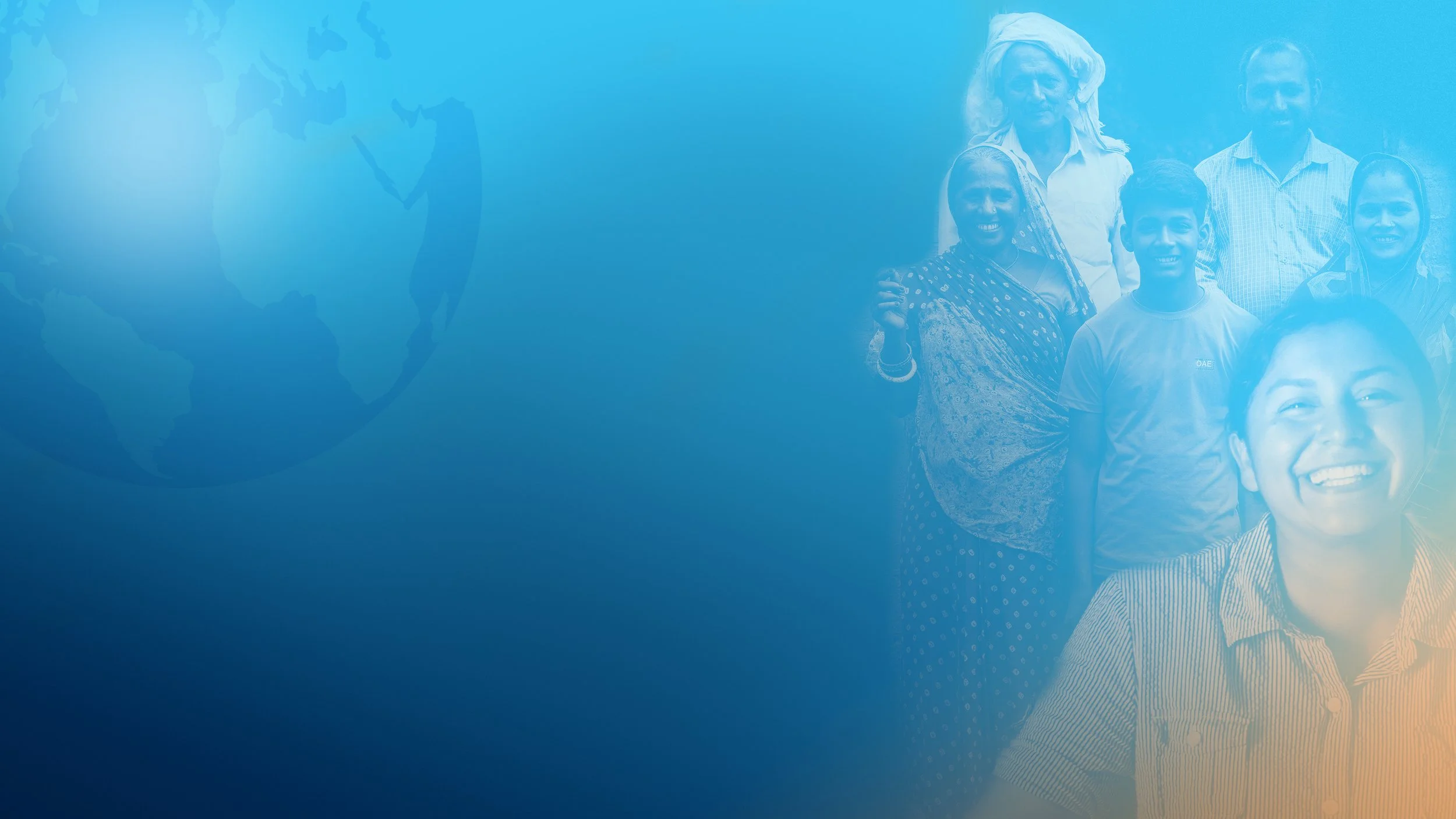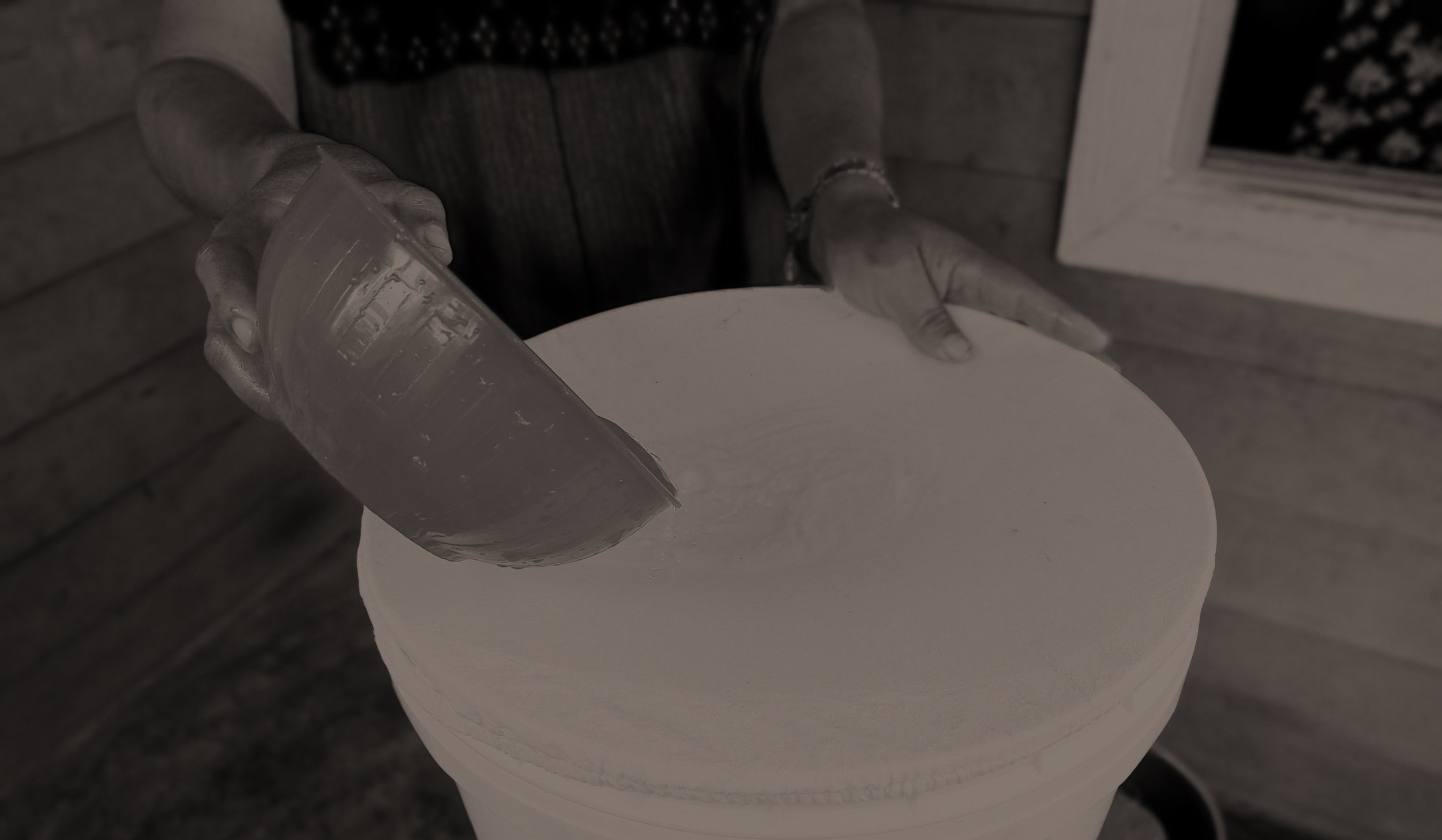
Our Impact
Stronger Together
A global community taking action reached 22.6 million people with improved water, sanitation or hygiene (WASH) in 2024.
Our impact in the numbers
(2024)
with
8.6
million
together with
13
training partners
and
1,385
organizations
We helped bring improved WASH to
22.6
million people
Our partners around the world
CAWST’s global network is taking action in countless communities around the world. In 2024, 1,385 organizations from 89 countries responded to the annual survey and reported taking action. CAWST and its training partners have never visited many of these countries.
Growing demand for our services signals we’re on the right track! We will continue to reach more people faster by leveraging the strength of our team, training partners, and digital technology.
- Benin
- Botswana
- Burkina Faso
- Burundi
- Central African Republic
- Chad
- Cameroon
- Congo (Brazzaville)
- Congo (Kinshasa)
- Cote d'Ivoire
- Democratic Republic of the Congo
- Egypt
- Ethiopia
- Ghana
- Guinea
- Kenya
- Lesotho
- Liberia
- Madagascar
- Malawi
- Mali
- Mauritania
- Morocco
- Mozambique
- Niger
- Nigeria
- Rwanda
- Saint Helena
- Senegal
- Sierra Leone
- Somolia
- South Africa
- South Sudan
- Sudan
- Tanzania
- Togo
- Uganda
- Zambia
- Zimbabwe
- Afghanistan
- American Samoa
- Australia
- Bangladesh
- Bhutan
- Combodia
- Fiji
- India
- Indonesia
- Iraq
- Jordan
- Kiribati
- Laos
- Lebanon
- Mongolia
- Myanmar
- Nepal
- Pakistan
- Palestinian Territory
- Papua New Guinea
- Philippines
- Romania
- Saudi Arabia
- Solomon Islands
- Syria
- Thailand
- Turkiye
- Turkmenistan
- United Arab Emirates
- Yemen
- Germany
- Netherlands
- Ukraine
- United Kingdom
- Bolivia
- Brazil
- Colombia
- Costa Rica
- Dominican Republic
- Ecuador
- El Salvador
- Guatemala
- Haiti
- Honduras
- Nicaragua
- Panama
- Peru
- Venezuela
- Canada
- Mexico
- United States of America
Countries where 1,385 organizations reported taking action
CAWST’s 13 training partners in 10 countries*
*Each blue dot on the map represents a partner. Hover over the dots to find out more.
Understanding our impact
Not only is the impact of CAWST’s work growing every year, the impact from our training partners’ work is also accelerating. That’s the ripple effect at work!
Impact from organizations supported by:
Training partners
CAWST
Tackling the water and sanitation challenge
Hundreds of millions of people worldwide are trapped in a cycle of poverty and disease because they lack access to safe drinking water and basic sanitation.
2.2 billion people lack access to safely managed drinking water.
3.5 billion people— nearly half the world—do not have access to safely managed sanitation.
2 billion people lack basic hygiene services, increasing the risk of disease and economic hardship.
To break that cycle, technology needs to be appropriate, affordable and sustainable at the household level. Local populations need the knowledge and skills necessary to understand their needs, identify and implement solutions and then sustain them over the long term.
CAWST’s approach to this challenge is unique. We don’t build wells; we build a global community of action. Through training, consulting, and educational resources, CAWST helps training partners build their skills and knowledge to serve their own communities, and train others to do the same. This approach creates a ripple effect that has already reached over 72 million people.
Find out how. Download our annual report to learn more.
At CAWST, we measure our global impact with care, knowing that every number represents a real person. Our total of 22.6 million people with improved water, sanitation or hygiene (WASH) in 2024 is based on an annual global survey and careful calculations informed by our partnerships and activities. We use a multi-step verification process to maintain data accuracy, eliminate duplication, and report on only what we can attribute to CAWST and our network.
The capacity gap in the water, sanitation and hygiene (WASH) sector
We work with others at all "levels" with the goal of closing the gap.
CAWST's Focus*
- Develop the capacity of practitioners to take action
- Provide education tools for field workers and end users
- Enable information and expertise exchange across all levels
- Identify barriers and ways to overcome them

Learn about some of the areas of specialization that CAWST helps build capacity in
Our role in Canada
Born and based in Calgary, CAWST operates on the Treaty 7 Territory; we honour and appreciate this special place in which we live and work. Our home is the meeting place of the Elbow and the Bow rivers, two powerful sources for life and wellbeing. Treaty 7 is the traditional territories of the Blackfoot Confederacy: Siksika, Kainai, and Piikani; the Tsuut'ina; the Îyâxe Nakoda Nations; and the Métis Nation, Region III.
All people living in Canada have a right to clean water and yet for many Indigenous communities this right is not realized. Getting safe water in a community can be complex and the right solution may be different for each community or even each household. This is true in every country that CAWST works. Discovering and assessing which option(s) are the right ones for a community is an important task to get sustainable water service(s).
CAWST specializes in non-networked, sometimes called point-of-use, non-piped or household level, water technologies and implementation approaches. These solutions can be interim or long-term depending on the context.
If you work or live in an Indigenous community looking for safe water solutions, CAWST would be happy to discuss the feasibility of household water treatment based on your context.
We welcome opportunities to share our knowledge and resources and build relationships with others living in Canada who are just as passionate as we are about safe water.
We are embarking on a project to adapt some of our key resources to better fit the Canadian context and we are looking forward to sharing them with you.
Reach out to discuss the safe drinking water crisis in Canada.

